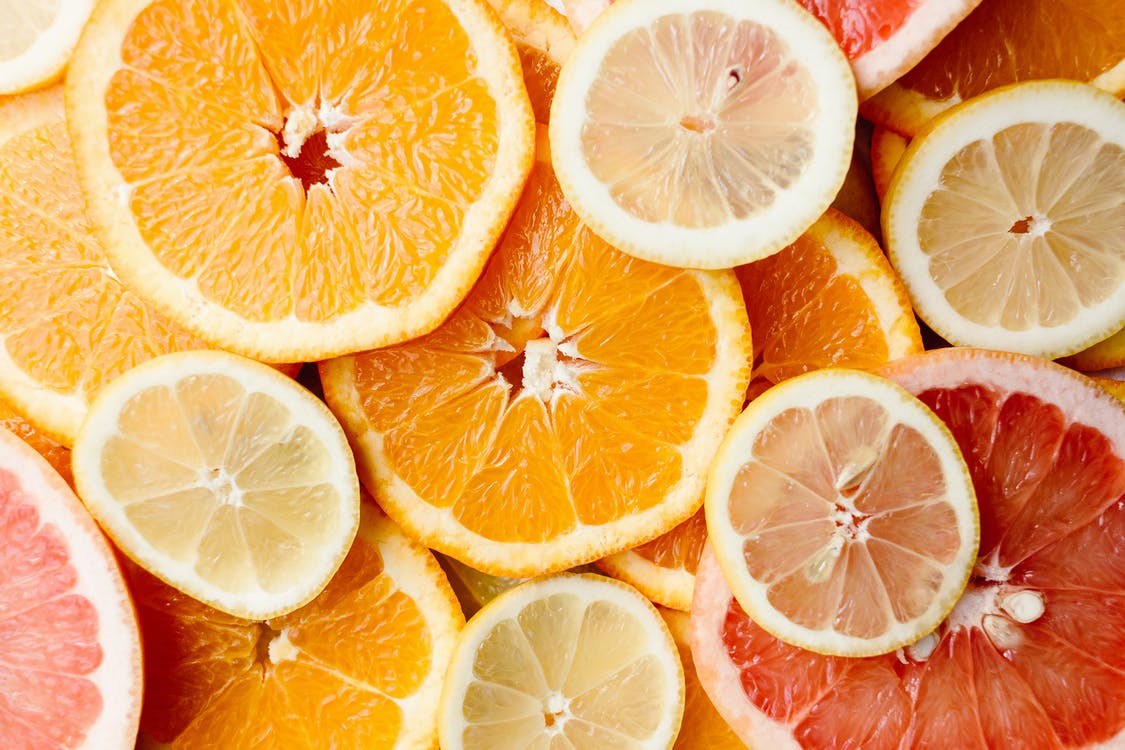We all know that we need to maintain a healthy diet to live a balanced, vital life, but a “healthy” diet can be hard to achieve when we are bombarded with messages about dieting simply to lose weight. While weight loss can be a side effect of a diet packed with nutrients and foods that are good for your health, the goal is to develop habits that keep you eating those healthy, whole foods. Here is a list of methods to keep in mind to stay on the right track towards developing healthier habits around food.
Self-Reflect
You won’t be able to notice unhealthy habits if you don’t allow yourself to take note. Reflection and self-awareness are key to implementing healthier habits. For instance, try keeping a food and drink diary to understand what you frequently reach for that leaves you feeling sluggish. Using this info, you can sketch out your food habits, good and bad. Knowing these habits is beneficial to you, as you can highlight which ones you would like to work on, and which you can keep.
Change Routine if Needed
If your daily routine is enabling your unhealthy behavior, it’s okay to change it! For most people who may have unhealthy eating habits, breakfast is not an essential meal. This may not seem that important to some, but in order to maintain a healthy diet and lifestyle, the age-old phrase “the most important meal of the day” really does reign true. Breakfast is so important because it provides energy for you to begin your day. If you haven’t eaten earlier in the morning, you may find yourself fatigued and too tired to get certain important tasks done. Skipping meals is another bad habit to watch for, as the inconsistency of when you eat can have negative effects on health. To enforce a healthy routine, make sure that breakfast, lunch, and dinner are consistently being eaten.
Eat Foods You Can Pronounce
Reaching for packaged foods as you sit down to watch a movie or to snack on quickly before a zoom call at work add up at the end of a week. As you track your eating habits, you may notice how large a percentage of your caloric intake is coming from processed foods with ingredients you can’t pronounce. Instead, try reaching for more whole foods that are grown on farms, rather than produced in factories. Food should bring you fulfillment and satisfaction – take the time to slow down to enjoy full meals rather than quick snacks.
Dr. Barbara R. Edwards, a Princeton MD is the Academic Director for the Ambulatory Residency Program at Penn Medicine Princeton Health, providing quality care to uninsured and under-insured New Jersey residents in Mercer and Middlesex counties.






